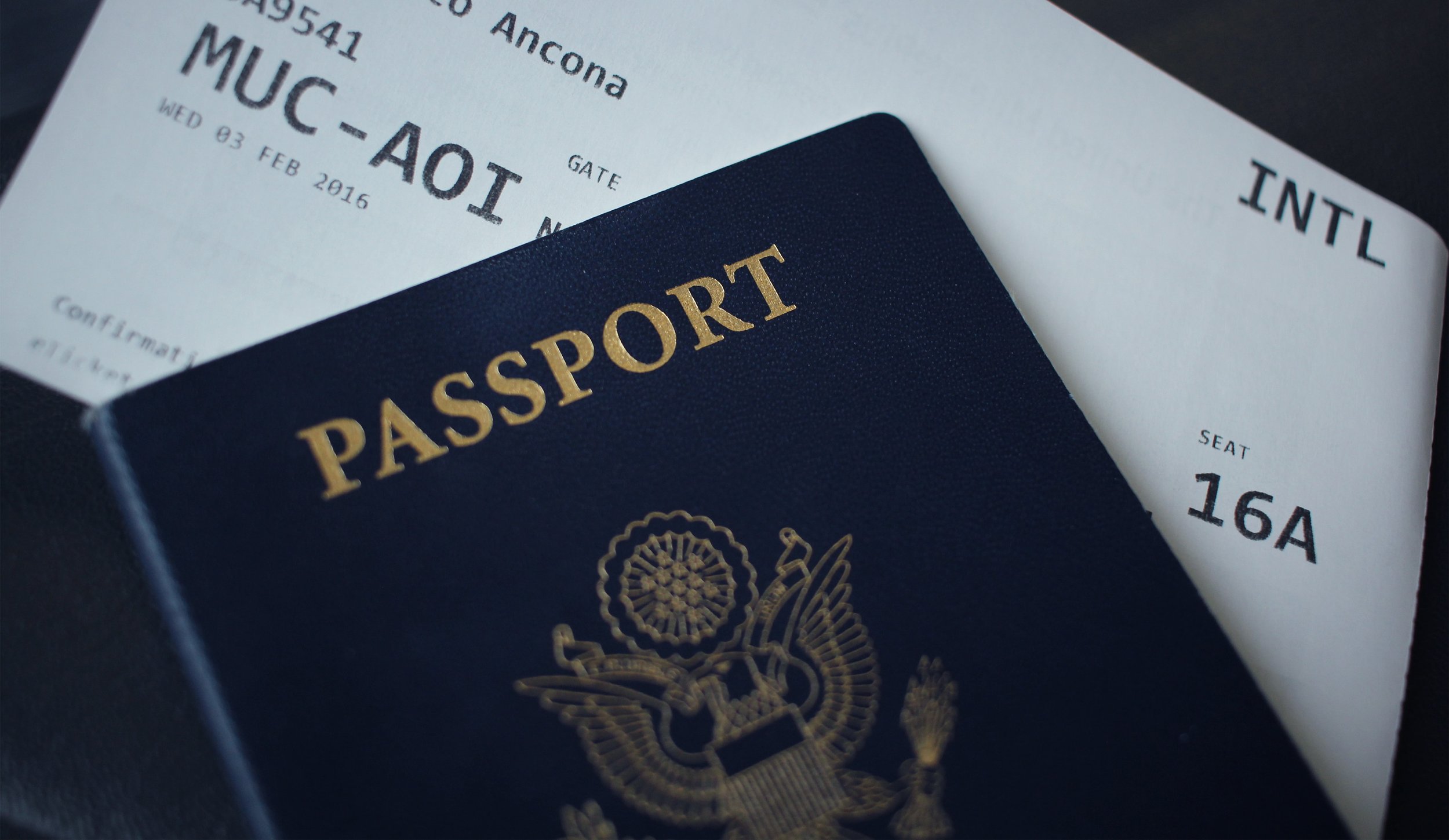
How to hire employees for relocation

How to Get a Residence Permit for Germany
You receive a residence permit (or blue card for highly qualified people) at your nearest foreigners’ hall (Ausländerbehörde). Read our complete guide to know which documents’ to bring and where to submit your application.

Germany's new Immigration Policy: Focusing on blue-collar workers (“Ausbildungsberufe”)
Germany’s new immigration law makes it easier for employers hiring blue-collar workers. We are introducing the most important changes and explaining how new hires can start in Germany sooner than before.

How to apply for a German Blue Card with success
There are three ways on how to apply for a blue card. 1. Direct Application in Germany (for citizens of the US, Canada, Israel, South Korea, Japan, the UK, New Zealand, and Australia). 2. Application from Abroad (for citizens of other countries) 3. Accelerated or fast track procedure (applicable to all nationalities).

Benefits and requirements for the German Blue Card
The primary eligibility criterion for the German Blue Card is academic or professional qualifications. As of November 2023, the minimum annual salary for Blue Card holders must be at least 43,800 € for regular professions. For applicants that graduated from University within the last three years or shortage occupations, the minimum salary must be at least 39,682 €.

How to secure a visa appointment at the German embassy in Islamabad
Securing a visa appointment at the German embassy in Islamabad for obtaining a German blue card or work permit can be challenging due to the high demand in many German embassies worldwide. We recommend applying through the accelerated procedure to avoid long waiting times.

What is the likelihood of my German work visa application being approved?
While we are confident that immigrating to Germany for work purposes is entirely feasible, with less than 1% of the applications we submitted last year being declined, there are still instances in which German work visa applications are rejected. We have identified the most significant reasons for rejection.

Germany's new Immigration Law: Focusing on the Blue Card
Germany has recently introduced a new immigration law, effective from September 2023, aimed at simplifying the process for blue card applicants. Here are the five key changes: 1. Lower Minimum Salary 2. Expanded Eligibility 3. More Shortage Occupations 4. Improved Mobility 5. Easier Family Reunification 6. Quicker path to permanent-settlement 7. Easier Change-of-employer process

FAQ’s by Expats: What does "freiwillig versichert" mean?
Have you recently received a letter from your insurance provider, and it mentions something about being "freiwillig versichert." ? Read our article to understand what it means.

Why Hiring Expats is a Fantastic Idea!
In the contemporary landscape, an increasing number of individuals are showing a willingness to relocate to foreign countries and embrace living as an expat. Germany, in particular, grapples with a labor shortage, known as "Fachkräftemangel" in German, yet only 36% of German companies are engaging in international hiring. We firmly believe that companies neglecting to explore international talent pools are missing out on exceptional employees. Here are the 5 compelling qualities expats bring to the table.

Why Expats are Vital for Your Company's Success in Germany
If you plan to deploy expatriates to your German subsidiary from headquarters, please consult our comprehensive guide, which covers the following crucial aspects: 1. Careful selection of the appropriate expatriates. 2. Thorough preparation of the expatriate 3. Ensuring the expatriate feels welcomed and comfortable in Germany 4. Avoiding underestimation of the visa application process

Your roadmap to success: How to get a job in Germany
Your roadmap to success: How to secure a job in Germany
Are you dreaming of a successful career and life in Germany? This article is your comprehensive guide to turning that dream into reality.

How to Relocate to Germany for Work as a Non-EU National
Non-EU nationals must obtain a German work visa to legally work in Germany. There are two options for moving to Germany for work: Move to Germany on a job-seeker visa or apply for a work visa at your nearest embassy after securing a job

What to expect when seeking a job in Germany as an expat
Despite this demand for labor, securing employment in Germany as a foreigner residing abroad is not a straightforward endeavor due to various factors. If you are contemplating a move to Germany for work, here are some 5 valuable insights to consider.

Negotiating Your Salary in Germany
When seeking employment in Germany, salary negotiations are a standard practice, and it is essential to have a well-defined understanding of your desired wage. Demonstrating a clear understanding of the salary that aligns with your skills will make a positive impression on the recruiter.

Can I travel with a Fiktionsbescheinigung?
There are typically two situations in which a Fiktion is issued. If the document is issued in accordance with Section 81, Paragraph 4 of the Residence Act, it grants re-entry into Germany. A Fiktion can also be issued in accordance with Section 81, Paragraph 3 of the Residence Act. In this case re-entry into Germany after leaving will likely be denied.

How to hire a non-EU citizen in Germany
When considering the employment of a non-EU citizen in Germany, it is essential to ensure that the individual possesses a valid work permit or visa for Germany. Please refer to our concise guide to learn how to proceed in such cases.

Change of employer at the Ausländerbehörde: what to consider and how to proceed
When changing employers as a foreigner in Germany, you’ll need to make sure to adhere to the correct governmental procedures. Read our quick guide to know how to best proceed.

Graduating as a foreign student in Germany: How to convert a student visa to a work permit in Germany?
Foreign students in Germany are required to renew their residence permits (Aufenthaltstitel) prior to graduating. We will guide you through the available options.

A shortcut to Germany: apply for your work visa/blue card through the fast-track procedure (Beschleunigtes Fachkräfteverfahren)
Are you considering the accelerated procedure (beschleunigtes Fachkräfteverfahren) to get your German work visa or blue card? Make sure to read our guide beforehand. Choosing the right process can save you time and money!
